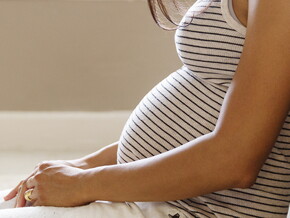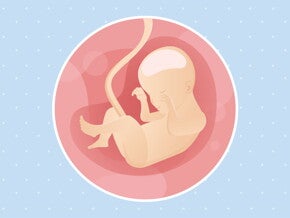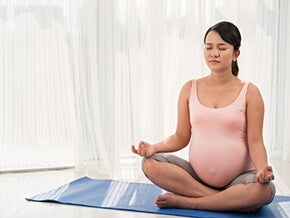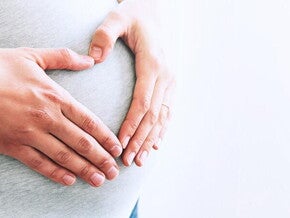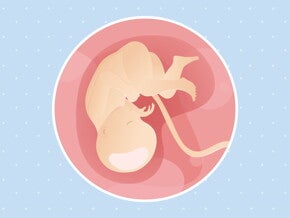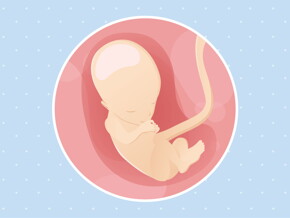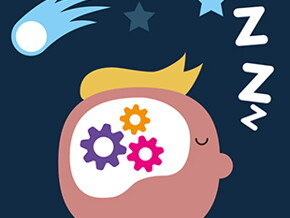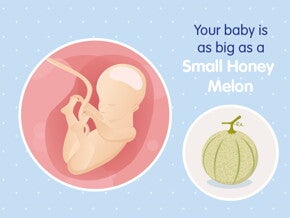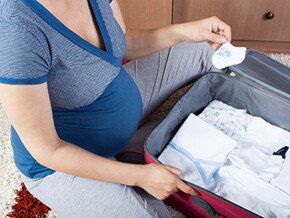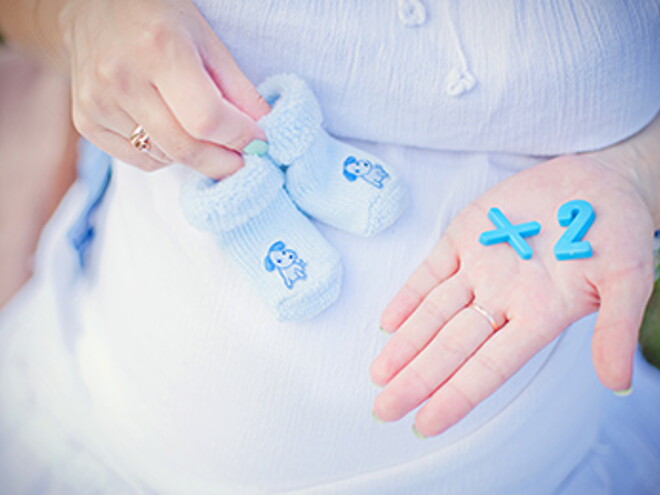
One pregnant woman out of every 80 gives birth to twins. This phenomenon is thus not exceptional but is still classified as a risk pregnancy. Fortunately, thanks to strict medical monitoring, most twin pregnancies develop without problems.
Twins are a fascinating phenomenon!
The doctor will be able to detect your twins during the first ultrasound examination. There are many reasons for twin pregnancies: hereditary factors, age, nutrition and even light levels may play a role. The increasingly common use of infertility treatments has also resulted in an increase in the number of multiple pregnancies.
We distinguish between two types of twins:
- monozygotes or true twins. These develop from the same egg, which divides into two; they will closely resemble each other and will be of the same sex.
- dizygotes or false twins. These develop from two different eggs and may or may not resemble each other. They may be of different sexes.
A risk pregnancy?
Even when everything goes well for you, your pregnancy will be termed a "risk" pregnancy.
- Risks to the babies: prematurity, low birth weight, growth retardation of one of the foetuses, foetal distress.
- Risks to the mother: hypertension, diabetes, haemorrhage, oedema, back pain, excessive weight gain, more frequent need for Caesarean section.
You will receive more rigorous medical care and more regular examinations:
- Monthly clinical examinations at first, followed by two-weekly (or in some cases weekly) examinations.
- A higher number of ultrasound examinations to check on the development of your babies.
- A booking at a Level 3 hospital with a neonatal reanimation unit.
Twice as many precautions
- Rest is twice as necessary from the very start of your pregnancy. From the first month onwards, your doctor may prescribe pathological rest periods and you might have to stop working. Tiring activities and travelling will have to be limited. Please note that maternity leave will be longer: 12 weeks before the birth and 22 weeks afterwards.
- A varied and balanced diet is essential to meet the needs of your two babies, but without gaining too much weight. The mother-to-be will require about 300 additional calories per day.
- Food supplements will be prescribed more or less systematically: iron, folates, calcium, etc.
- Antenatal classes may commence from the 5th month onwards.
The birth of twins
After a twin pregnancy without particular problems, the birth process will not deviate from the norm.
- On average, the birth will take place at 37 weeks of pregnancy (instead of 40 for a single pregnancy).
- Natural birth is preferable if the babies are in the correct position and if the mother is not suffering from any health problems. A Caesarean section may be an option in the event of foetal distress, or if the second baby does not turn.
Expecting twins is above all a formidable adventure!


